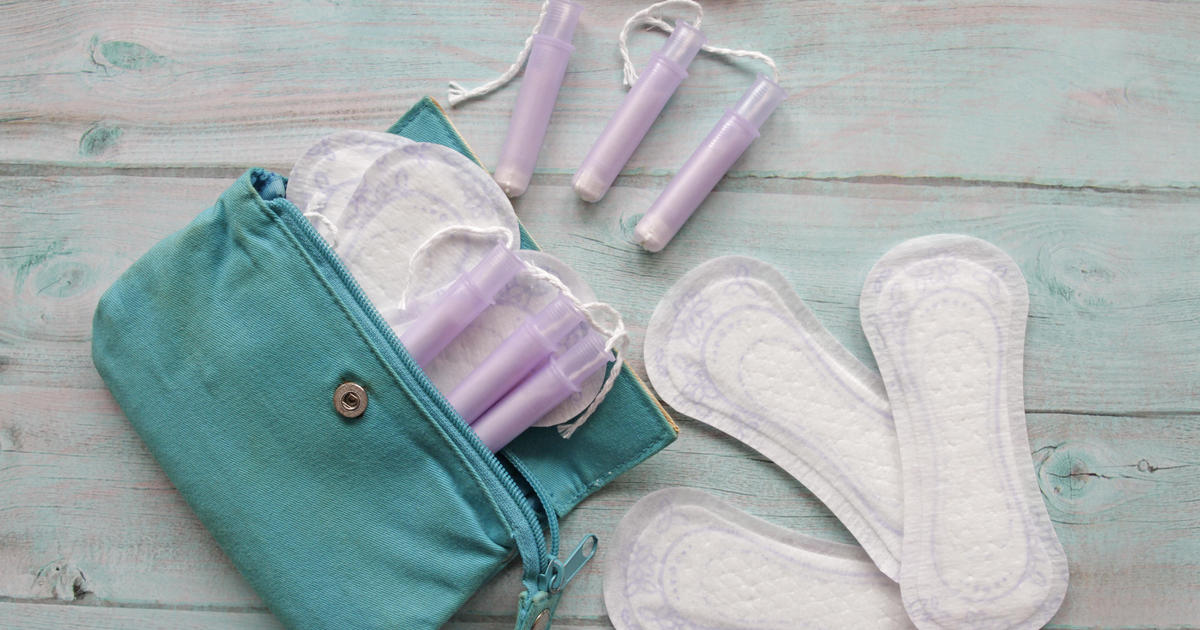Starting Monday, people in Scotland will be able to get period products for free. The new government initiative is a massive step forward and world first in tackling period poverty.
Under the new law, which the Scottish Parliament unanimously approved in November 2020, the nation now has a universal system to provide free period products to anyone who needs them, including products that are reusable. Educational facilities will also be required to make sure that menstrual products are available in restrooms.
People will be able to find a place to get the products through a mobile app called PickupMyPeriod, according to a government press release, which was launched earlier this year by the enterprise group Hey Girls. There are more than 1,000 locations available on the app, according to the government’s statement.
Shona Robison, the government’s social justice secretary, said that making these products available is “fundamental to equality and dignity.”
“This is more important than ever at a time when people are making difficult choices due to the cost of living crisis and we never want anyone to be in a position where they cannot access period products,” Robison said.
Celia Hodson, who created Hey Girls with her two daughters in 2018, said that the legislation recognizes that “period products are not a luxury.”
Between 2016 and 2020, 10% of people in Scotland were experiencing persistent poverty, according to government statistics, meaning they have been in poverty for at least three years.
According to a 2018 survey by Young Scot Enterprise, more than a quarter of respondents in secondary school, college or university said they struggled to access sanitary products. Of those, 60% said it’s because they didn’t have the products they needed.
Of those who weren’t in school, 24% said they also struggled to find the appropriate products and 61% of this group said it was because they couldn’t afford them. Many people from both groups surveyed said they had to resort to using an alternative, such as toilet paper.
Being unable to properly manage menstruation can lead to a greater risk of infection, according to the United Nations Population Fund. For example, if someone is unable to frequently change a tampon, a buildup of bacteria can lead to the rare but dangerous toxic shock syndrome, which, if it progresses rapidly, can lead to death.
Parliament member Monica Lennon, who first introduced the legislation and has spent years campaigning for free products, tweeted on Sunday that, “women, girls and people who menstruate should never face the indignity of period poverty.”
“Proud that we are making period dignity for all a reality,” she said, later adding in a separate tweet, “proud of what we have achieved in Scotland. We are the first but won’t be the last.”
